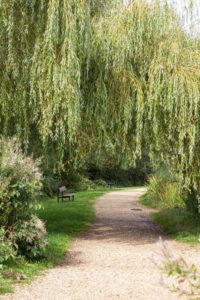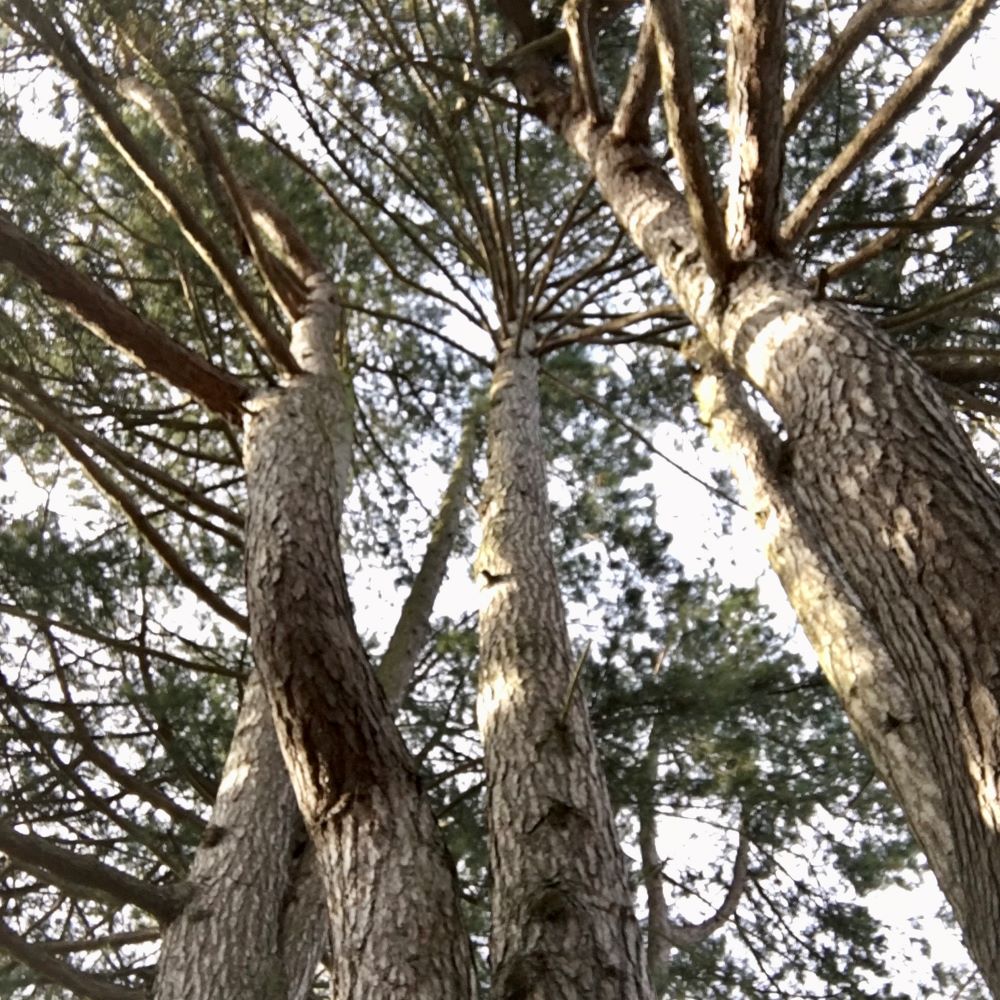by Manthan Pathak.
One of my earliest memories is jumping between the roots of trees on a street in Northam, one after another until I ran out of pavement. The only rule was to avoid touching a root. It was, for a 3 or 4 year old, a thrillingly dangerous game. Even then it seems I treasured the natural world enough to protect it from the wayward stomp of my tiny feet.

I think it also illustrates how much we crave things of nature…how we determinedly seek them out from the earliest of ages. This attraction is never expressed more boldly than in childhood, and though a lifetime of concrete vistas and urban sprawl will dull our natural senses, even the scent of a wildflower can revive them instantly.
I know this truth intimately about myself because I grieve the absence of nature when it isn’t there, when I imprison myself indoors as manic depression wraps itself around me in chilling embrace. Now an adult and bipolar, in those moments I know the only solution, counterintuitive as it always seems, is to wrestle myself from the bed and meet the world outside. My salvation comes in escaping the four walls of my physical confinement into the infinite space just beyond my front door. I do it all-too-rarely, even if the truth of it is resounding and permanent.
Mental ill health of course, in all its forms, is a spectre that looms large and oppressively over our society, stealing joy wherever it visits. In Southampton, it is part of the wider landscape of a public health crisis, along with childhood obesity, higher than average levels of respiratory conditions, and deprivation on a par with some of the worst areas in the country.
I’m part of the Southampton National Park City project, and rebuilding our primal connection with nature is the vision we have to rehabilitate the city, and meaningfully address these problems that plague our communities. Our principle idea is a simple one: let’s make our city into a national park.

At first I know it might sound fanciful and unrealistic: in reality all it essentially means is valuing where we live as much as we would somewhere we would willingly pay to enter. We only consider this fantastical because as a society we have chosen such a different path; but we are not yet at the end of this journey, and can navigate another course.
Valued places and experiences like national parks shouldn’t only be for those who have the privilege to travel to distant parts of the country, pay the entrance fee and only to visit once a year – but by all of us, every day, right here in our neighbourhoods.
That involves transforming areas that have fallen into decay with love and care, making safe spaces to play, turning grey into green. For under every concrete slab there lies the possibility of a space where something can grow, it just takes turning it over and reimagining what it could be. It involves helping to foster communities that connect with each other in common purpose, building friendships on the way to creating places where people can meet and learn from each other. Making it easy and joyful for everyone to get outside and improve their wellbeing.
We want to reach the most deprived and unloved areas, because we can be sure that what we see around us affects our state of mind and how we see the world. If our immediate space is grey and without life and colour, we will internalise the absence of love from our environment and suffer because of it.

We aspire to bring that love back to our city. Some of the projects we’re involved with are Treemendous, where we offer free saplings to anyone; friendship benches, where people can meet and talk to strangers and make new friends, reusing vacant plots of land to make growing spaces for the local area; making tree trails that people can use to forage food for cooking; and embedding art into the community on walls.
More than anything else though, and critically, we offer help to anyone with an idea or a project that connects nature with people.
Ultimately our ambition is for Southampton to attain National Park City status, something the whole city will benefit from and celebrate. We can make this city a place that we truly value and enjoy, somewhere where those who suffer, suffer a little less. It is eminently possible, but only with your support and involvement.
This is a calling to all of you to think of Southampton as a natural canvas, and feel inspired to repair the broken connection between people and place. So if you have an idea for a project – or if you are a community or a business looking for ideas to improve where you live or work, please visit our website at https://southampton-national-park.com/ to sign up to our charter and mailing list or email us at southampton-npc@protonmail.com
- Could you help to support In Common, for as little as £1 a month? Please help make us sustainable with a monthly donation. Visit: https://www.patreon.com/incommonsoton

